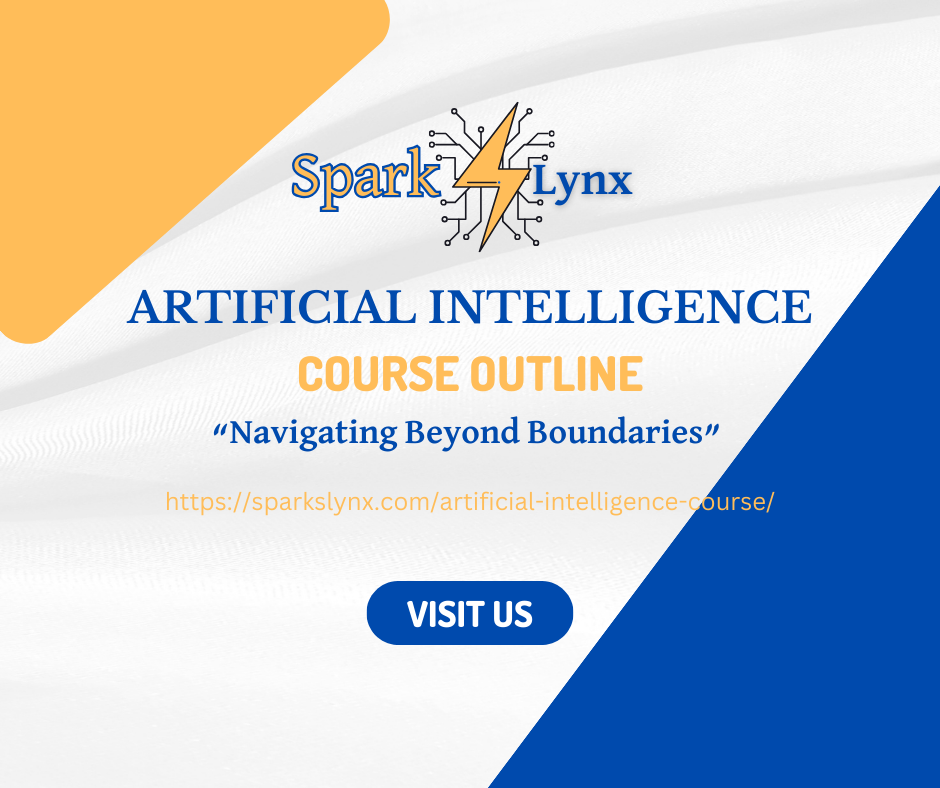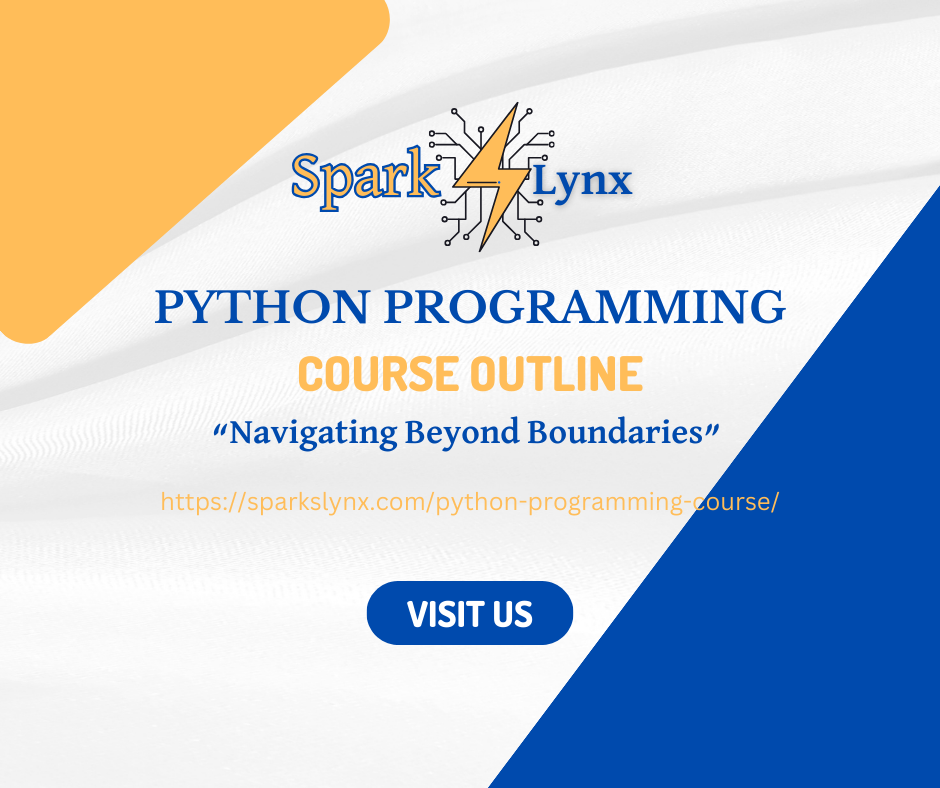Course Overview: This comprehensive artificial intelligence course is designed to provide participants with a thorough understanding of AI concepts, techniques, and applications. Throughout the program, students will delve into various aspects of AI, including machine learning, neural networks, natural language processing, computer vision, and robotics. By the end of the course, participants will be equipped with the knowledge and skills to develop AI-powered solutions and applications.
Week 1-2: Introduction to Artificial Intelligence
- Definition and history of artificial intelligence
- Overview of AI applications in different industries
- Types of artificial intelligence: narrow vs. general AI
- Ethical considerations and societal impacts of AI
- Introduction to AI programming languages and tools
Week 3-4: Fundamentals of Machine Learning
- Understanding the basics of machine learning
- Supervised, unsupervised, and reinforcement learning
- Regression and classification algorithms
- Model evaluation and performance metrics
- Hands-on exercises using popular machine learning libraries (e.g., scikit-learn, TensorFlow)
Week 5-6: Deep Learning and Neural Networks
- Introduction to deep learning concepts
- Artificial neural networks and their architecture
- Training neural networks with backpropagation
- Convolutional neural networks (CNNs) for image recognition
- Recurrent neural networks (RNNs) for sequence modeling
Week 7-8: Natural Language Processing (NLP)
- Overview of natural language processing
- Text preprocessing techniques (tokenization, stemming, etc.)
- Sentiment analysis and text classification
- Named entity recognition and part-of-speech tagging
- Building chatbots and language generation models
Week 9-10: Computer Vision
- Introduction to computer vision
- Image preprocessing and feature extraction
- Object detection and image segmentation
- Face recognition and biometric systems
- Hands-on projects using popular computer vision libraries (e.g., OpenCV)
Week 11-12: Reinforcement Learning
- Understanding reinforcement learning principles
- Markov decision processes (MDPs) and dynamic programming
- Q-learning and policy gradient methods
- Deep reinforcement learning algorithms (DQN, A3C, etc.)
- Applications of reinforcement learning in robotics and gaming
Week 13-14: AI Ethics and Bias Mitigation
- Ethical considerations in AI development and deployment
- Bias and fairness in AI algorithms
- Explainable AI (XAI) and transparency in AI systems
- Regulatory frameworks and guidelines for AI ethics
- Case studies and discussions on ethical dilemmas in AI
Week 15-16: AI Applications and Case Studies
- Real-world applications of AI across various industries (healthcare, finance, automotive, etc.)
- Case studies showcasing successful AI implementations
- Challenges and limitations of AI deployment in practice
- Opportunities for innovation and disruption with AI technologies
Week 17-18: Robotics and Autonomous Systems
- Introduction to robotics and autonomous systems
- Kinematics and dynamics of robotic systems
- Robot perception and localization
- Control strategies for autonomous robots
- Hands-on robotics projects using simulation environments (e.g., ROS)
Week 19-20: AI in Business and Industry
- Role of AI in business transformation
- AI-powered decision support systems
- Predictive analytics and forecasting with AI
- AI-driven marketing and customer experience
- Business models and strategies for AI adoption
Week 21-22: Advanced Topics in AI
- Generative adversarial networks (GANs) for image generation
- Transfer learning and domain adaptation
- Meta-learning and few-shot learning techniques
- Multi-agent systems and cooperative AI
- Cutting-edge research trends and developments in AI
Week 23-24: Capstone Project
- Application of AI techniques to solve a real-world problem or develop an innovative AI application
- Project planning, implementation, and evaluation
- Presentation of the capstone project to peers and instructors
- Peer review and feedback session
Note: This course outline is subject to adjustments based on advancements in artificial intelligence Course technology and feedback from participants. Practical hands-on experience, projects, and real-world case studies will be emphasized throughout the course to enhance learning and skill development. For More Courses.

